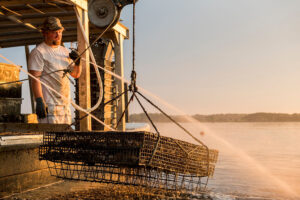
Ocean warming increases worries of Vibrio-related foodborne illnesses
European researchers are investigating the prevalence of Vibrio, common bacteria in many types of shellfish, and identifying high-risk zones.
A review of 37 years of data finds that the nutrient status of a freshwater loch was not significantly altered by farming.

European researchers are investigating the prevalence of Vibrio, common bacteria in many types of shellfish, and identifying high-risk zones.

The Farmers of the Water program empowers young consumers to appreciate farmed fish and actively engage with the aquaculture industry.
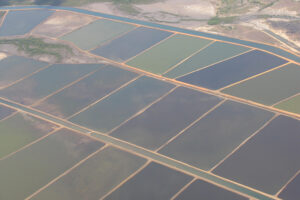
Enhanced sulfide burial seen as a scalable, cost-effective pathway to mitigate the carbon footprint of fish farming and a tool for climate solutions.
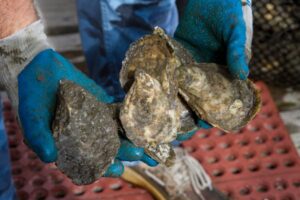
New global research initiative targets more sustainable, resilient mollusk farming in Asia amid climate and food security challenges.
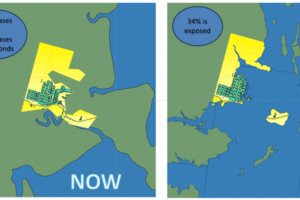
New research warns that more than 43 percent of Queensland’s aquaculture sites could be underwater by 2100 due to rising sea levels.
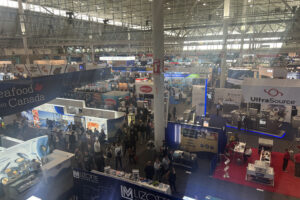
Fishermen, NGOs and industry representatives share tales of human rights due diligence work in seafood procurement at Seafood Expo North America.
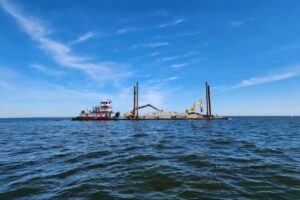
Restoring oyster reefs in North Carolina boosts the economy, strengthens ecosystems and showcases the value of regenerative aquaculture.
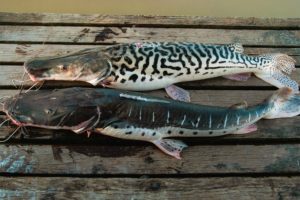
Findings suggest an opportunity to build awareness around the nutritional and conservation benefits of consuming resilient fish species.
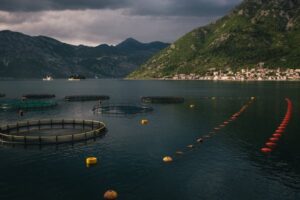
A new study shows that with careful planning, mariculture can expand to feed billions while minimizing the impact on marine biodiversity.

A Portland State University study finds microplastics in the muscle tissue of samples of commonly consumed seafood products from Oregon.
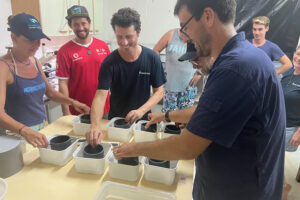
On island nations like Tahiti and Timor-Leste, tilapia and rock oyster aquaculture is positioned to address food security, unemployment and more.

Ocean temperatures reached record highs in 2024, with deep ocean warming underscoring the urgent need for climate action.

Boosting seafood consumption of local fish in the UK can improve health and meet climate goals, concludes a new study.
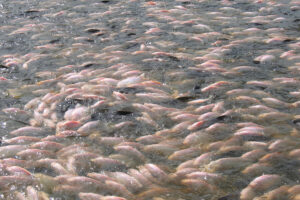
Integrating solar energy into red tilapia biofloc systems reduces operating energy costs but increases initial and depreciation expenses.
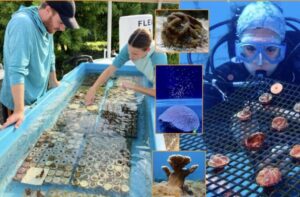
A new NOAA-funded project will scale up novel interventions to increase climate resilience in coral reefs and leverage innovative technology.